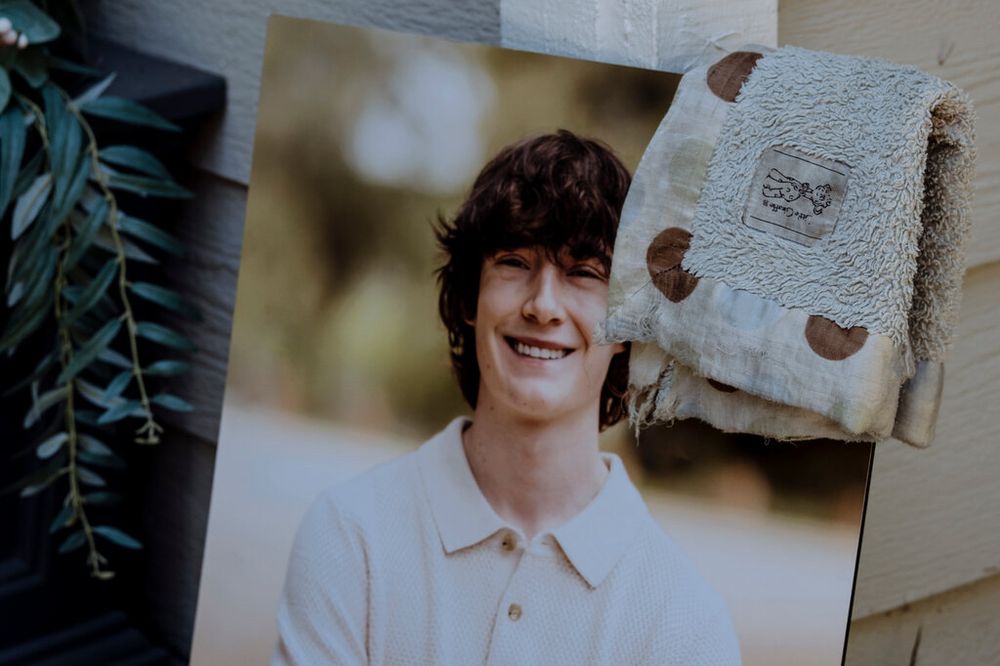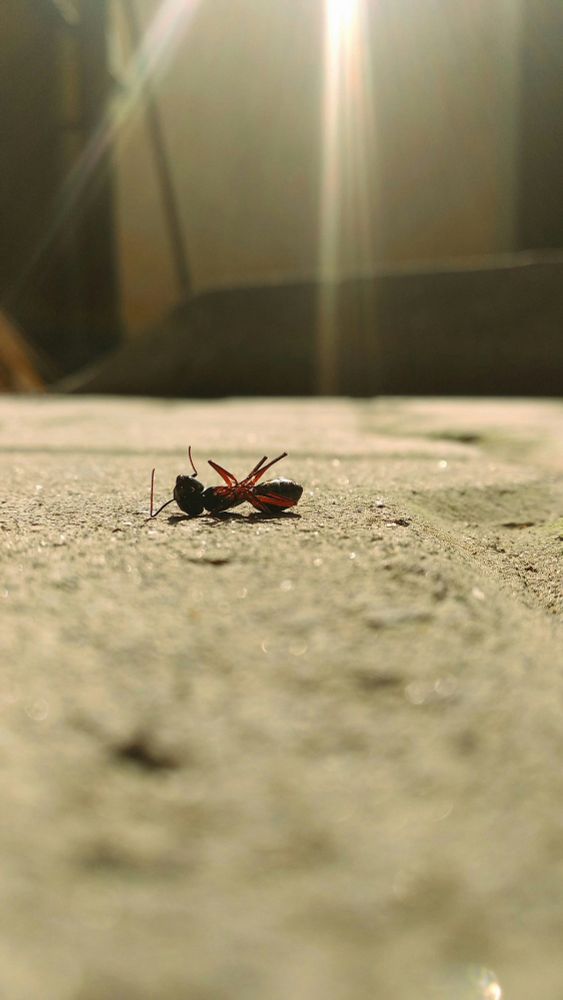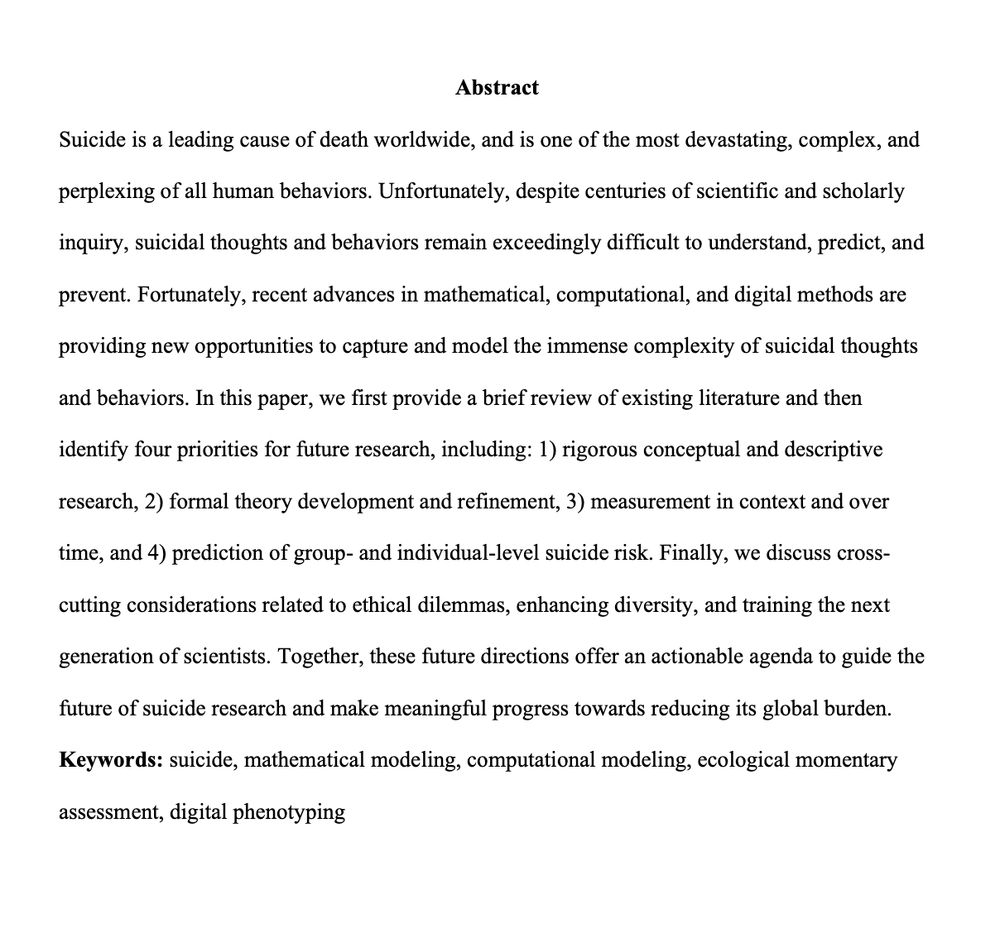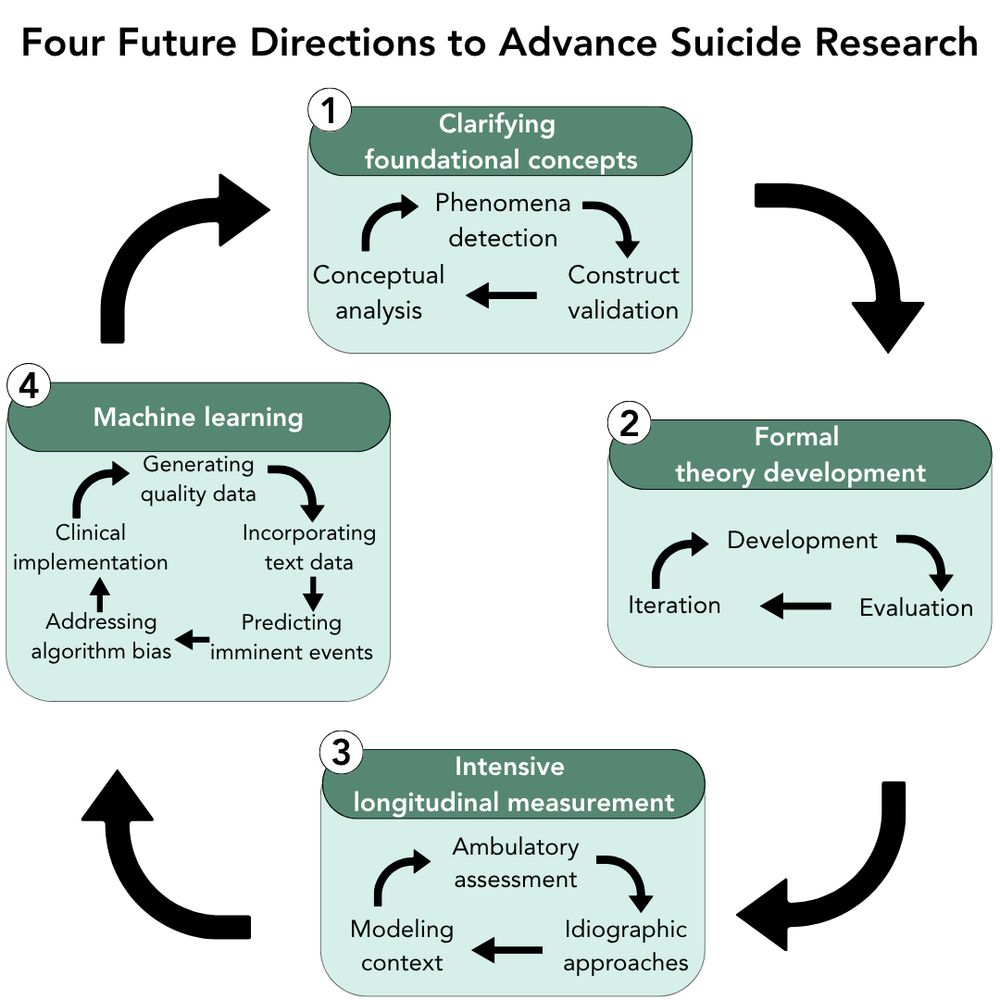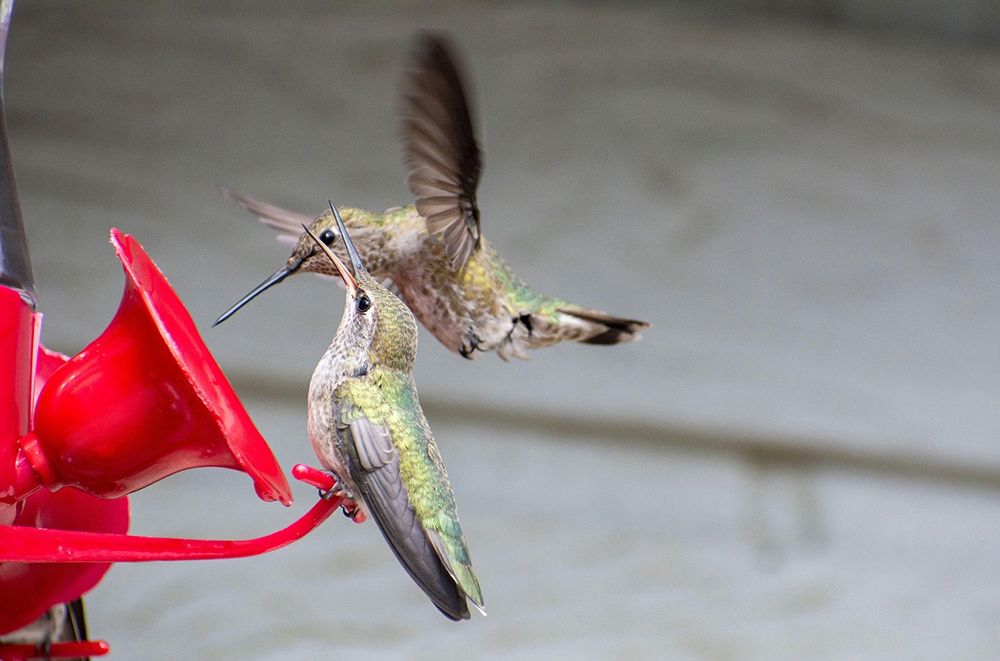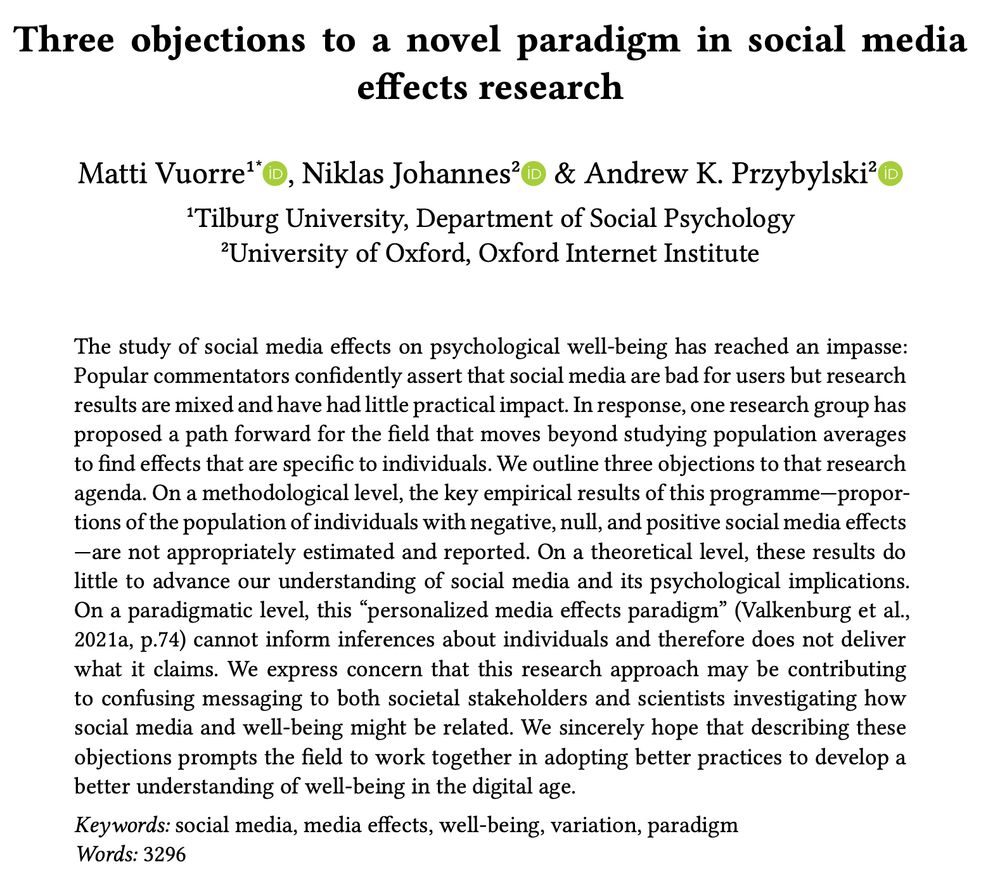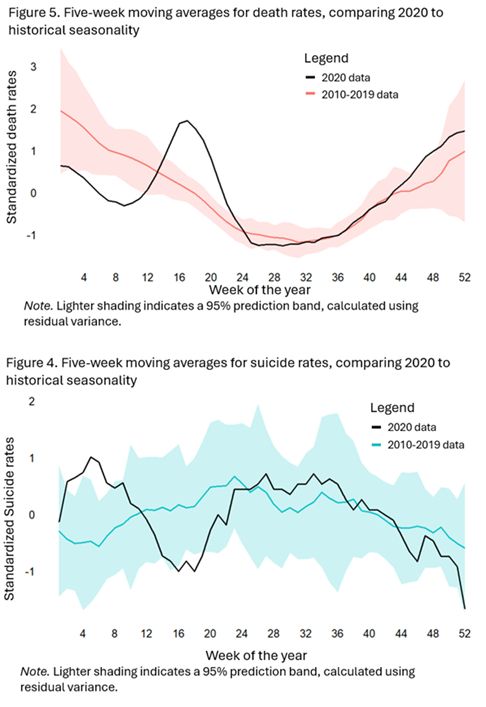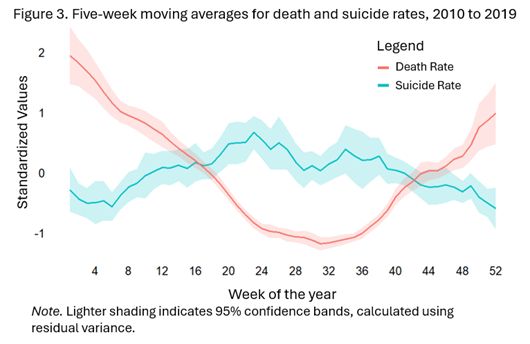James Wiley
@jamescwiley.bsky.social
310 followers
740 following
45 posts
Statistician | Independent researcher | interests include evolutionary biology, suicide, psychology, and philosophy of science. Opinions expressed are my own.
ORCiD: https://orcid.org/0000-0002-5049-573X
Posts
Media
Videos
Starter Packs
Pinned
James Wiley
@jamescwiley.bsky.social
· Sep 4
James Wiley
@jamescwiley.bsky.social
· Aug 26

(PDF) Why do suicide rates increase in the spring and decrease in the fall? Insights from an empirical evaluation of Stengel's social hypothesis on suicide
PDF | In 1952, the psychiatrist Erwin Stengel hypothesized that suicide becomes rarer in times when the value of life within a society is lower, when... | Find, read and cite all the research you need...
www.researchgate.net
James Wiley
@jamescwiley.bsky.social
· Aug 12
James Wiley
@jamescwiley.bsky.social
· Jul 7
Reposted by James Wiley
Reposted by James Wiley
Reposted by James Wiley
Reposted by James Wiley
Reposted by James Wiley
James Wiley
@jamescwiley.bsky.social
· May 27
James Wiley
@jamescwiley.bsky.social
· May 2
James Wiley
@jamescwiley.bsky.social
· May 2
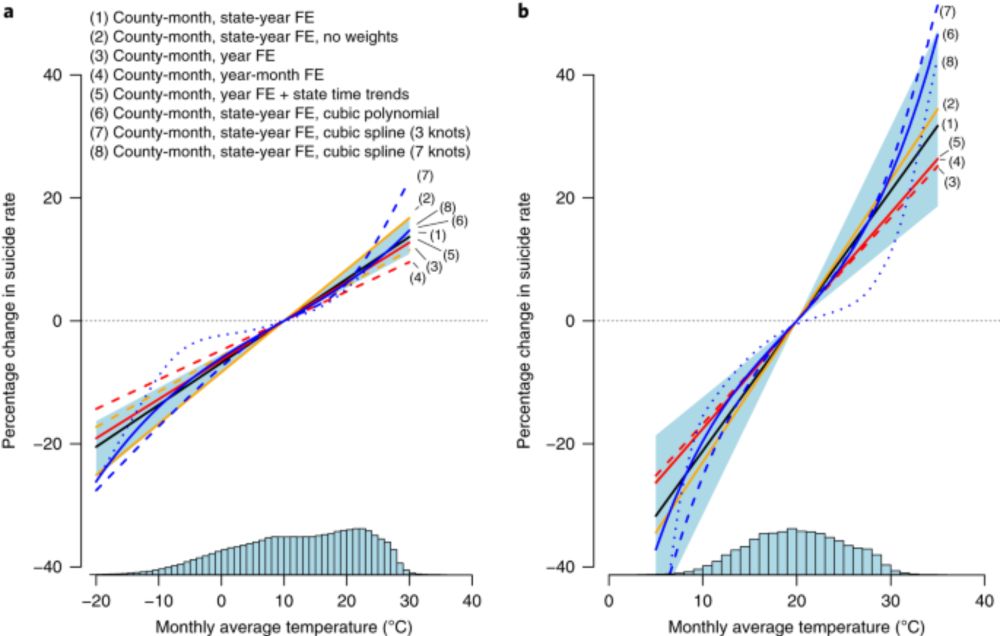
Higher temperatures increase suicide rates in the United States and Mexico - Nature Climate Change
A 1 °C increase in monthly average temperature is associated with higher suicide rates in the United States and Mexico. Combined with comparable analysis of depressive language in US Twitter updates, ...
www.nature.com
James Wiley
@jamescwiley.bsky.social
· May 2


